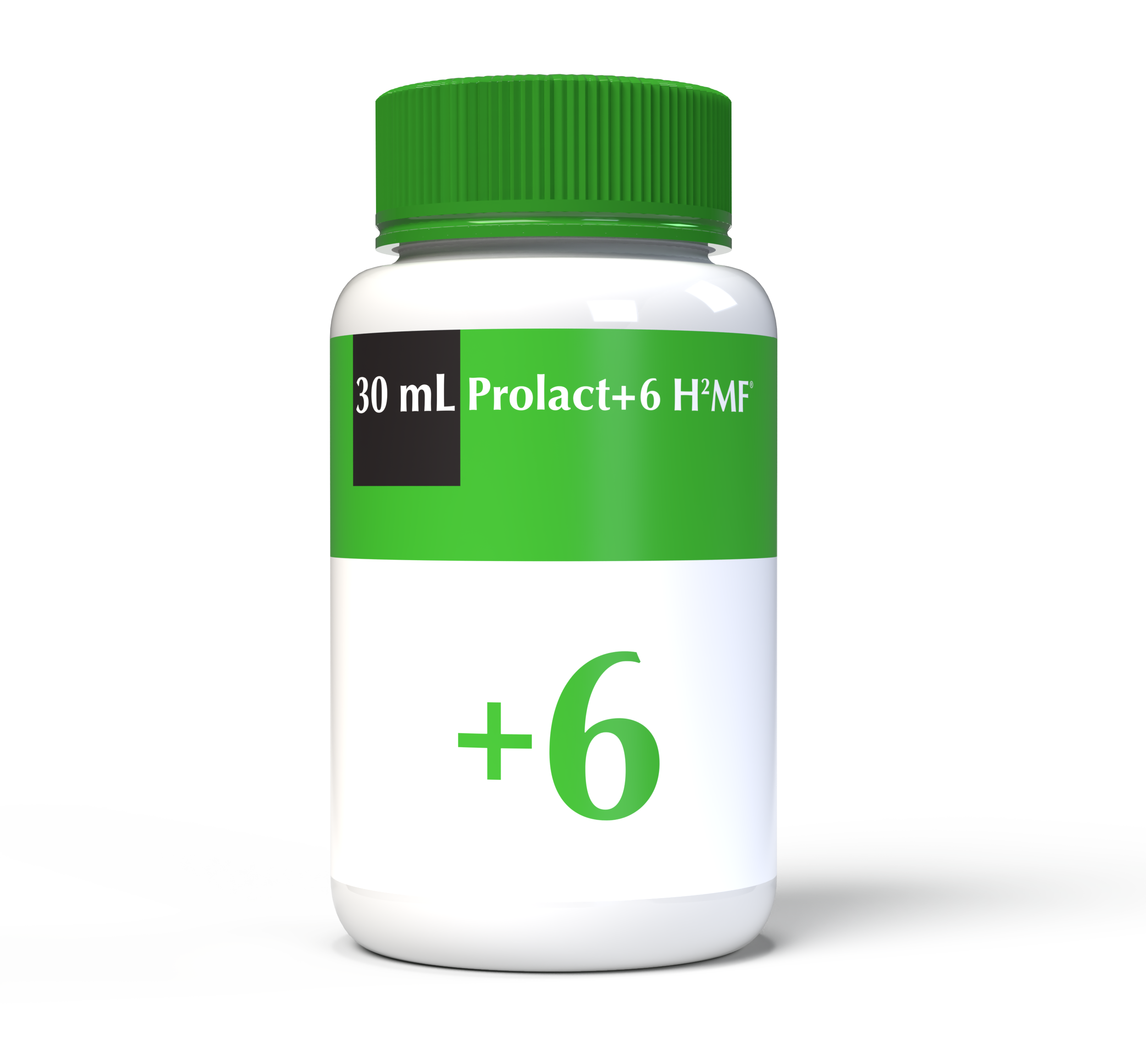How to advocate for your baby
Be a voice for your baby
Adding Prolacta’s human milk-based fortifiers is the only way your baby can benefit from a 100% human milk diet. If you have a preemie, a term baby with gastroschisis, or know someone who does, be a voice for them. Ask your healthcare professionals about Prolacta’s fortifiers and how your baby can benefit from a 100% human milk diet.

Knowing about the available fortifier options helps you make informed decisions with your care team.
Your baby has increased nutritional needs
Premature babies, especially those weighing 2 pounds 12 ounces (1250 grams) or less at birth, have special nutritional needs. Compared to full-term babies, premature babies need more energy to grow, and because they grow at a rapid pace, they also need more protein, minerals, and other nutrients.
Term babies with gastroschisis also have special nutritional needs considering their delicate gastrointestinal system. When recovering from surgery, these term babies need human milk and may need human-milk based fortifiers for additional nutrition to help recover from surgery.
Why breastmilk may receive fortifier
Because of your baby’s additional nutritional requirements, they need to consume more nutrients than human milk alone can provide. That’s why doctors may decide to add a human milk fortifier (HMF).1 HMFs provide additional protein, calories, and minerals. However, not all HMFs are made from human milk.
Human milk for human babies
Breastmilk is important for all babies, including your premature baby or baby with gastroschisis, and nothing else provides the same benefits. In addition to nutrition, breastmilk helps to develop preterm baby’s immune system, providing protection against infections. Because of the health benefits, the American Academy of Pediatrics’ (AAP) policy recommends the use of human milk for all preemies – whether mother’s own milk or pasteurized donor human milk – when mother’s own milk is unavailable.2
The US Food and Drug Administration approved the first human milk-based fortifier for term infants to support growth and recovery following surgery for gastroschisis. Learn more

Prolacta’s fortifiers are the only HMF made from human breastmilk
Prolacta fortifiers are the only human milk–based HMF available for premature babies and babies recovering from surgery to repair gastroschisis. They are made from breastmilk donated by mothers who want to help others. These healthy, nursing mothers have undergone extensive screening (similar to the blood donor screening process). Their breastmilk is tested and DNA matched, formulated into Prolacta fortifiers for premature and critically ill babies, and then pasteurized. Prolacta’s fortifiers are manufactured under strict processes to ensure consistent, high-quality nutrient content.

The benefits of Prolacta fortifiers for premature infants
When your care team adds Prolacta fortifiers, as part of a 100% human milk diet, the goal is to achieve improved health outcomes as shown in clinical studies3,4,5,6, 7. These can include decreases in:
- Bronchopulmonary dysplasia (BPD)6,8,9
- Late-onset sepsis6,7 and evaluations9
- Retinopathy of prematurity (ROP)6,8,9
- Necrotizing enterocolitis (NEC)3,6
- Feeding intolerance decreases8
Studies have also shown that premature infants can go home sooner from the NICU with the use of Prolacta’s fortifiers.8

The benefits of Prolacta fortifiers for babies with gastroschisis
Prolacta’s Surgifort fortifier contains calories, protein, fat, and carbohydrate derived from donated human milk, with added minerals. As part of a 100% human milk diet, Surgifort fortifier has been found to reduce the time to full feeds as well as improve weight gain velocity in babies recovering from gastroschisis repair.10

